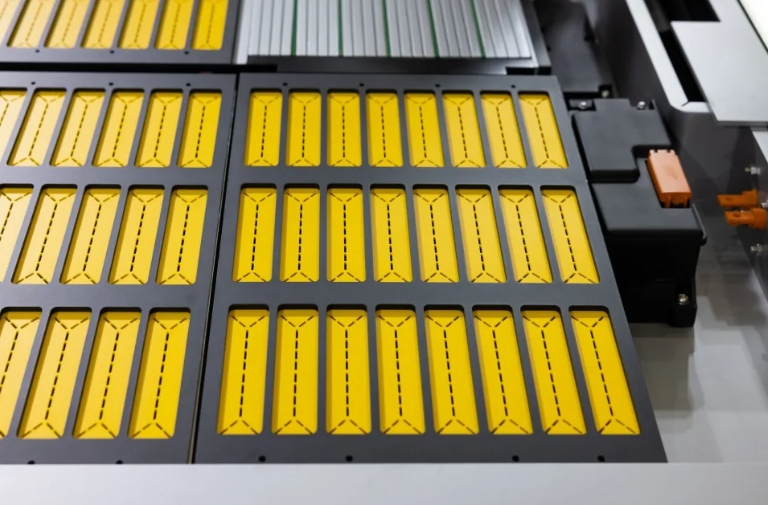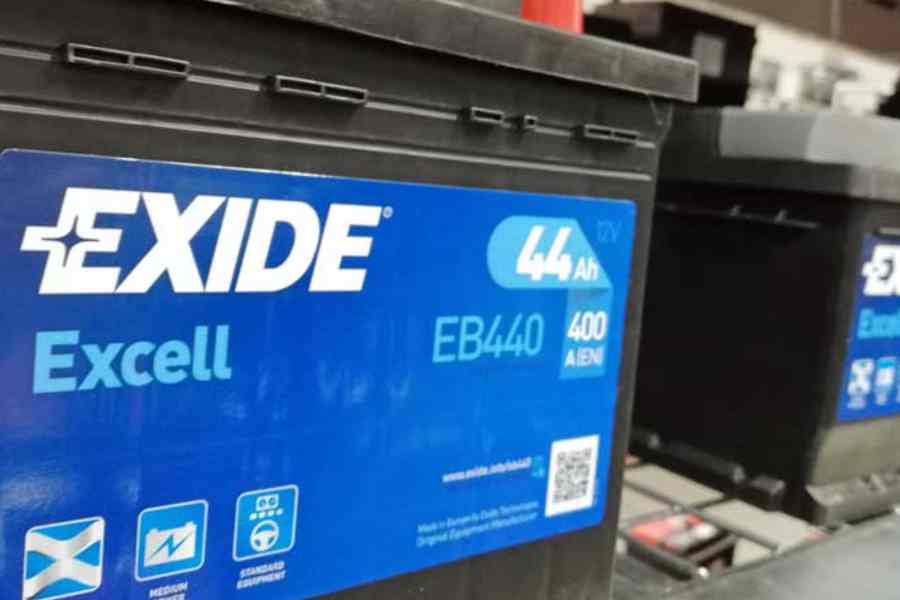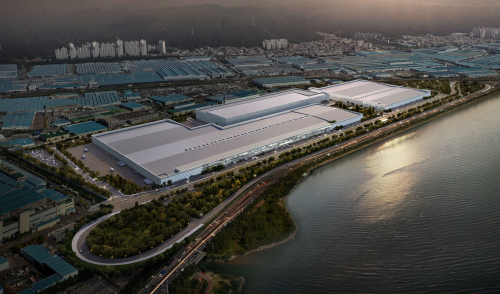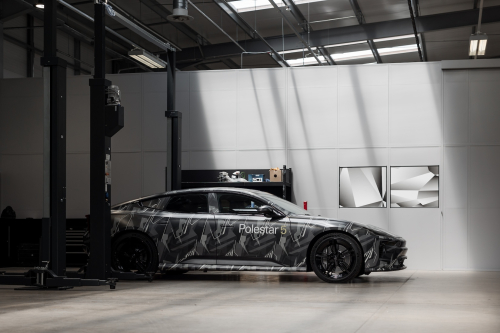Iberdrola Spain has taken another step towards the energy transition and has obtained the environmental permit for its first repowering in Castilla-La Mancha – PE Molar del Molinar. In addition, it is continuing with the procedures to repower another onshore wind farm in Castilla La Mancha, which will allow the number of wind turbines installed in the community to be reduced by 117 and the energy production of the facilities to be increased by an average of 30%. The machines used in the repowering will have a unit power that is up to six times that of the first wind turbines installed in Spain more than two decades ago.
Generating a greater amount of wind energy and increasing the efficiency of the park. That is what repowering is about: maximising energy production and increasing the efficiency of wind farms. The process consists of replacing old turbines with more advanced and powerful ones. These will produce more energy than the previous ones, so fewer units will also be needed. In addition, there will be less impact on the landscape, which will contribute significantly to efficiency and sustainability in energy generation.
With this action, Iberdrola Spain is getting closer to decarbonisation and, in particular, in Castilla-La Mancha, the parks that will benefit from the repowering are located in the province of Albacete. Commissioned in 2001, Molar de Molinar, with 49.5 MW, supplies 29,500 homes with clean energy, and will have 11 Vestas 4.5 MW wind turbines, 64 less than the current 75 660 kW turbines.
In turn, the Isabela wind farm, with 48 MW, will go from 64 750 kW wind turbines to 11 Vestas wind turbines: six 4.5 MW and another five 4.2 MW. In total, 26,000 families can consume emission-free energy thanks to this park.
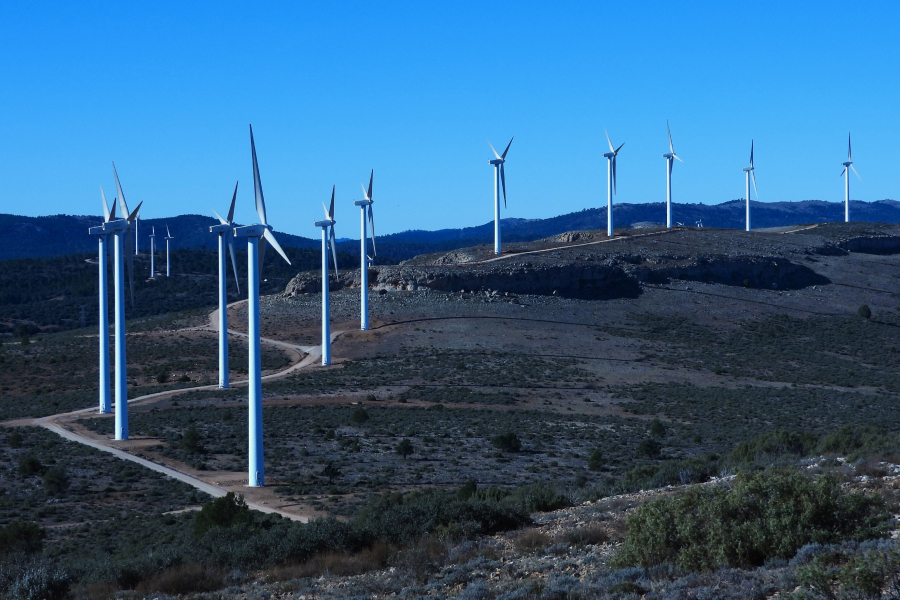
The projects are expected to have an impact on the national economy, both in their dismantling with the contracting of the Coruña-based company Invenergy Huso for the Molar del Molinar EP and in the construction, with companies such as the Marco group (Huesca) and Vázquez y Reino (A Coruña) as EPECists or the Salamanca-based Tecinsa for the construction of both substations.
In addition, during the construction process, companies and labour from the area will be involved, contributing to the local economy, such as the Albacete-based Sidys for the dismantling of the Isabela EP or the manufacture of the wind turbine blades, manufactured in Daimiel, Ciudad Real. The initiative is part of the first call for aid from the Circular Repowering programme, awarded by the Ministry for Ecological Transition and the Demographic Challenge through the Institute for Energy Diversification and Saving (IDAE). In total, the aid awarded for these two facilities amounted to €22.71 million.
